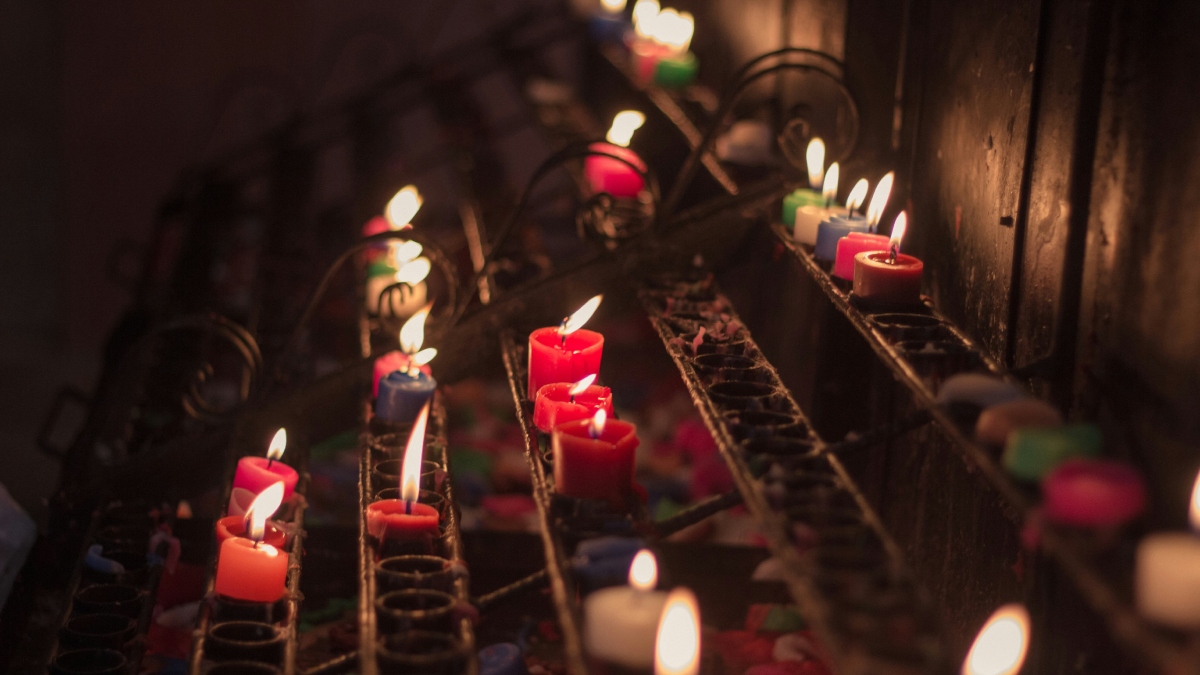A recent Pew Research study revealed that a significant majority of Filipinos consider Christianity, the country’s dominant religion, as a vital part of the national identity. According to the survey, 73% of Filipinos said Christianity is “very” important in defining what it means to be truly Filipino, while 16% said it was “somewhat” important. Meanwhile, 11% believed it was “not very” important, and 10% said it was “not at all” significant.
The study found that this strong association between religion and national identity is more common in middle-income countries like the Philippines, Indonesia, and Tunisia. In contrast, higher-income nations such as Japan, the United States, Canada, and Italy showed a lower emphasis on religion’s role in shaping national identity.
The survey also indicated that 51% of Filipinos believe religious texts, such as the Bible, should have a major influence on national laws. However, 45% of respondents said the “will of the people” should take precedence over religious doctrine in shaping legislation.
Religion continues to play a role in policy discussions, particularly in debates over the divorce bill, the SOGIESC Equality bill, and the Prevention of Adolescent Pregnancy Act of 2023 (Senate Bill 1979). Lawmakers like Rep. Eddie Villanueva have openly cited biblical teachings in opposing such measures, while Senate President Pro Tempore Jinggoy Estrada has expressed skepticism about the divorce bill’s chances in the upper chamber due to his adherence to Catholic teachings.
Sociologist Athena Charanne Presto told PhilSTAR L!fe that while the study has no formal legal implications, it holds significant social weight, as it can influence key decision-makers in either supporting or opposing policies. Meanwhile, sociologist Jayeel Cornelio noted that the findings highlight the deep impact of biblical worldviews on Filipino attitudes toward policymaking, which often fuel resistance to progressive legislation.
The study also showed that many Filipinos value leaders who uphold religious beliefs, with 59% saying it is “very” important for a leader to share their faith. However, previous President Rodrigo Duterte, despite his strong criticisms of the Catholic Church, remained popular due to his stances that indirectly aligned with certain religious values, according to Presto.
Apart from religion, the survey explored other factors contributing to Filipino identity. The majority (80%) said speaking Filipino is essential to being truly Filipino, while 77% believed that being born in the Philippines was a key factor. Meanwhile, 59% cited shared customs and traditions as an important aspect of national identity.
The Pew Research Center conducted this study across 36 countries, surveying 41,503 adults between January 5 and May 22, 2024.






